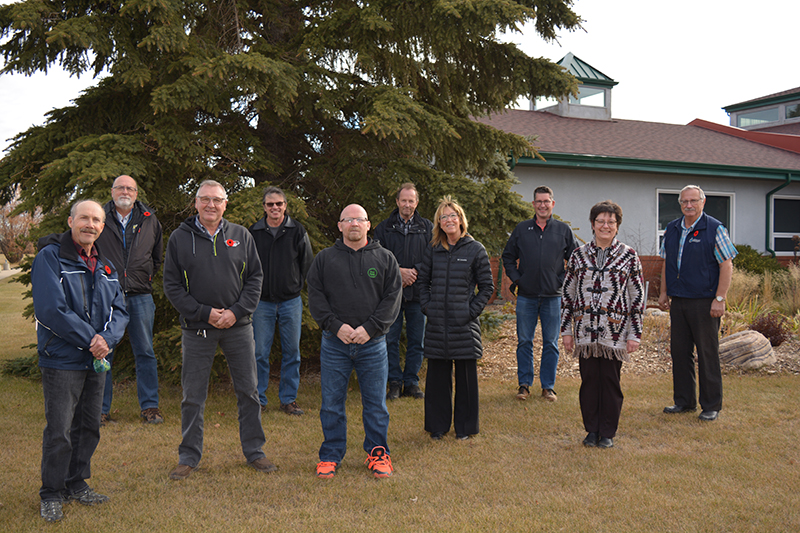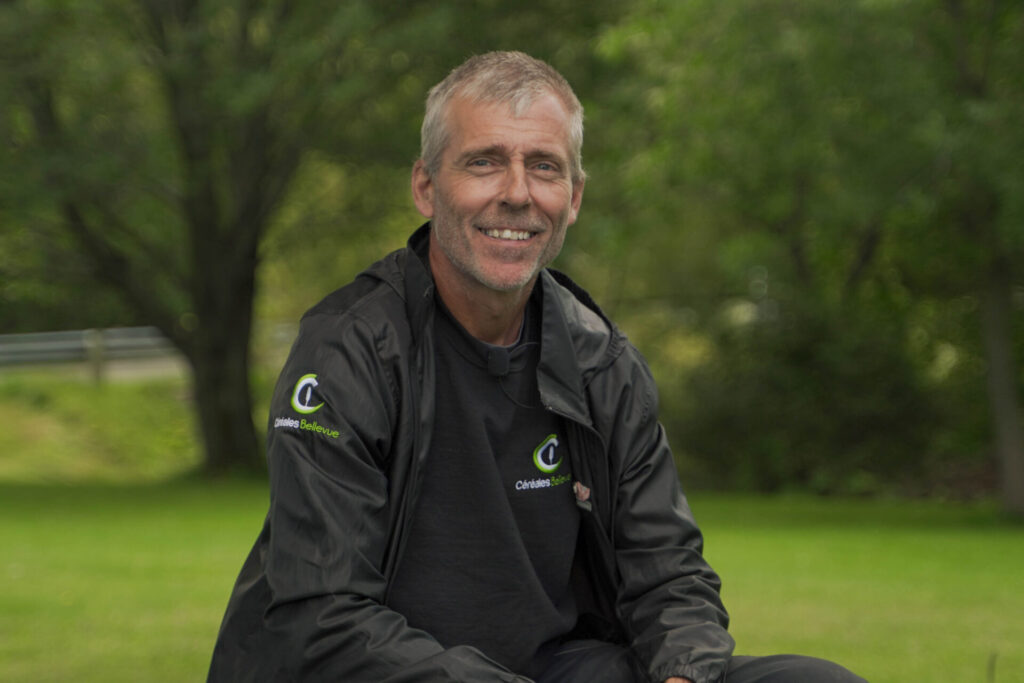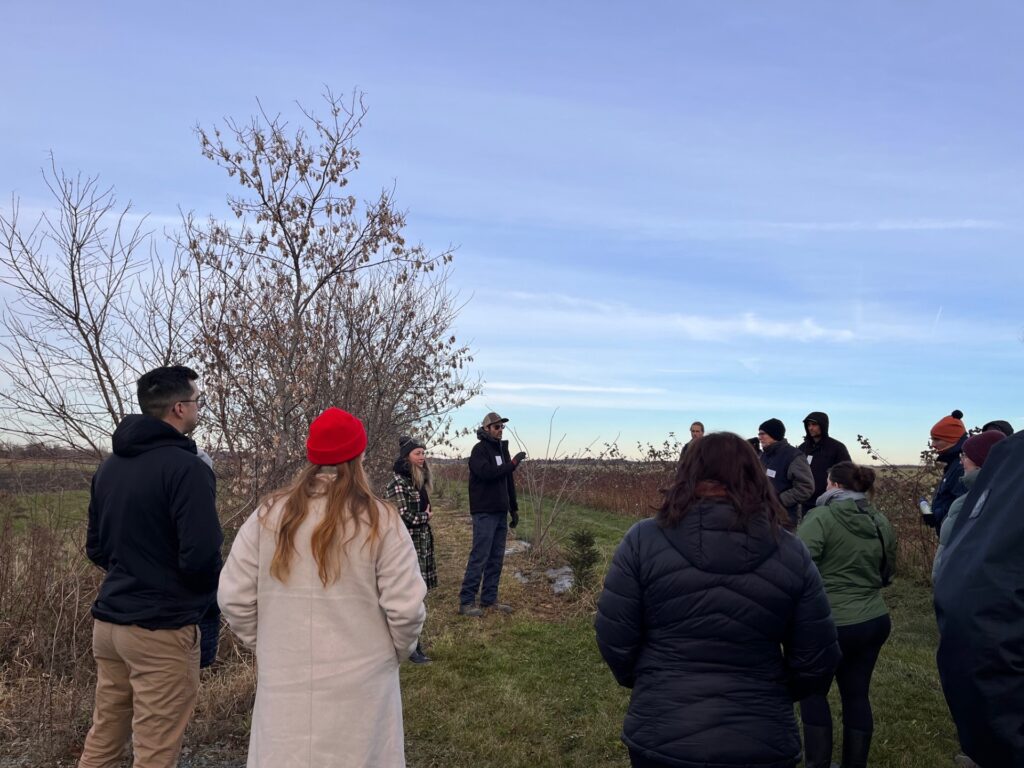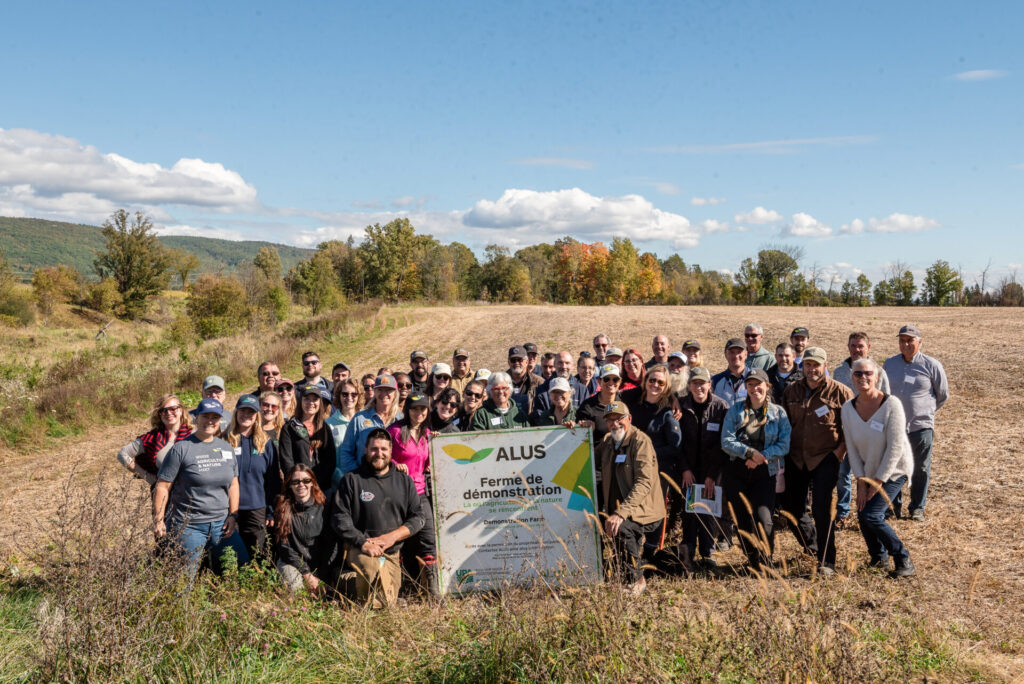ALUS Partnership Advisory Committees are what make the organization a grassroots movement

The ALUS Wetaskiwin-Leduc Parternship Advisory Committee (PAC) in 2021.
The Partnership Advisory Committee, or PAC, is critical to the ALUS model. It ensures that the community-based programs are directed, implemented and managed by the communities themselves.
When a new ALUS community is launched, the community stakeholders are mandated to create a governance body. That governance body is comprised of farmers, ranchers, local government, and environment and knowledge holders, with approximately 50 per cent of representation being farmers or ranchers in the community. The composition of the PAC is important in ensuring that many perspectives and the local context are available to inform and guide the ALUS program in that community.
The PAC is responsible for deciding which ALUS projects will move forward in a community. The varied expertise of the PAC members allows them to make the best decisions possible, with respect to local priorities. This structure ensures that participants feel well-supported in the delivery of ecosystem services and that ALUS projects support local interests.
ALUS firmly believes that local knowledge is vital in making impactful, accountable and lasting decisions for the benefit of communities and the environment. The people in the communities understand best what their land and people need to remain healthy and resilient.
Furthermore, PACs are comprised of people who are committed to bettering their communities through environmental, agricultural and economic initiatives that serve the needs of the community.
The ALUS model is unique, providing a bottom-up structure to facilitate steadfast community engagement and buy-in from a diverse set of community stakeholders, whether individuals or institutions. Locally directed and developed, means each community is building on a movement to support and engage farmers and ranchers who provide solutions to environmental challenges.
Interested in how ALUS could work in your community?
Visit our FAQ Page to learn more about the program and how farmers, ranchers, and community representatives build the ALUS program.


 November 18, 2024
November 18, 2024 
